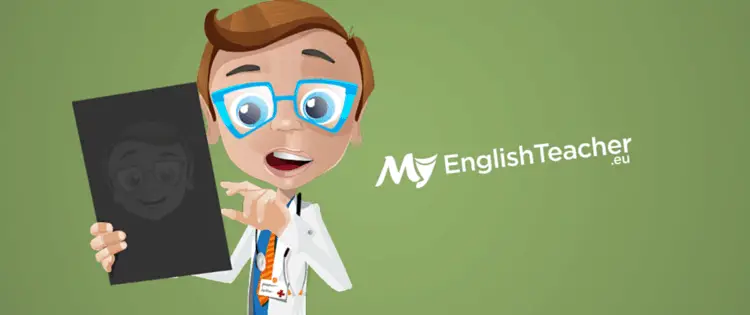Positive Sentences
Put the verbs into the correct tense (simple past or present perfect simple).
- Mary (win) the lottery last year.
- We (prepare / already) dinner.
- James (find) your ring in the garden yesterday.
- He (come / just) home.
- They (buy) their car two years ago.
Negative Sentences
Put the verbs into the correct tense (simple past or present perfect simple).
- I (see / not) anyone yet.
- Phil (go / not) to the cinema last night.
- We (be / not) to the zoo so far.
- She (arrive / not) yet.
- Emily (visit / not) me last week.
Questions
Put the verbs into the correct tense (simple past or present perfect simple).
- (you / read) the book yet?
- How many letters (they / write) so far?
- When (he / tell) you that?
- (you / be) at home last night?
- How often (you / travel) abroad till now?
Text
Put the verbs into the correct tense (simple past or present perfect simple).
- A: (you / taste / ever) sushi?
- B: Yes, I (eat) sushi at least five times so far.
- A: When (you / eat) sushi for the first time?
- B: I (eat) sushi for the first time on my dad's 50th birthday. He (invite) the whole family to a Japanese restaurant.
- A: (you / like) it?
- B: Absolutely. In fact, it (be) so good that we (be) to that restaurant three times yet. And on my mum's birthday, we(order) some sushi and (have) it at home.
